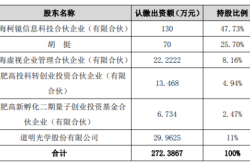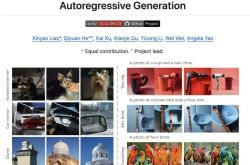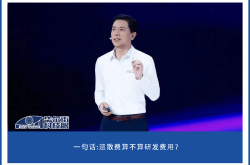Facing sluggish sales yet raising prices against the wind, how long can BMW, which has "gone back on its word," hold out?
![]() 07/23 2024
07/23 2024
![]() 673
673
Written by | Xingxing
Source | Beiduo Finance

The traditional luxury automaker BMW has announced its voluntary withdrawal from the price war.
Recently, rumors of BMW price hikes have spread rapidly on social media platforms, attracting the attention of many netizens. According to related reports, insiders disclosed on social media platforms that due to severe losses incurred by dealerships as a result of the price war, BMW will stabilize prices starting from July by reducing sales volumes to alleviate the operational pressure on dealerships.
Behind BMW's announcement of its exit lies a strategic choice based on the brand's actual sales volume and operational efficiency, amidst the loss of the first-mover advantage held by traditional high-end fuel-powered brands and the coercion of the "price war." How to maintain brand value and consolidate its high-end positioning amidst the new energy wave will be a pressing issue for BMW after withdrawing from the price war.
I. Price Adjustments and Delivery Refusals Spark Discontent
According to Caijing.com, after visiting a dealership in Chaoyang District, Beijing, it was learned that BMW is currently adjusting prices for all its product lines to varying degrees, with prices showing a significant upward trend. Moreover, several sales representatives indicated that BMW is likely to continue raising prices in the future, with adjustment cycles ranging from "as long as a week to as short as two or three days."
Taking the BMW i3 eDrive35L as an example, a salesperson at a BMW 4S store in Shenzhen told the Securities Times that as of July 16, the price of this model was over 200,000 yuan, compared to just over 190,000 yuan a week ago, an increase of 20,000 yuan from the rumored "170,000 yuan for a BMW" a month earlier.
However, other dealerships revealed that BMW is not "raising prices across the board" as suggested online, with larger price increases concentrated in younger models, which have seen price hikes of around 30,000 yuan. There are also models with smaller price fluctuations and relatively stable prices, with oil-powered vehicles generally experiencing slower price hikes than electric vehicles.
A BMW 4S store staff member explained to the Securities Times that BMW's move is not so much a price hike as a price correction, primarily due to "previous heavy losses, and offline dealerships can no longer withstand the significant losses incurred by the price reductions of volume-driven models."
It is worth noting that shortly after "BMW announces withdrawal from the price war" trended on social media, Lanjing Finance reported that several consumers reflected that they had ordered BMW vehicles before the price hike, only to be refused delivery by local 4S stores and informed that they needed to temporarily pay an additional fee to take delivery of their vehicles.
The models that 4S stores refused to deliver mainly focused on the BMW i3, ix3, and 3 Series, with dealerships citing various reasons for the price increases. For consumers who had already signed contracts and paid deposits, dealerships claimed that the models were discontinued or production was reduced. For those who had not signed contracts, dealerships used excuses such as "headquarters approval not passed."
In response to the above incidents, BMW publicly stated to the media that it had launched a preliminary internal investigation, with the involved cases being individual cases with different specific circumstances. The company is actively communicating with relevant dealers to urge them to comply with the "Measures for the Administration of Automobile Sales" and relevant laws, regulations, and contractual agreements to protect consumer rights and interests.
Currently, the subsequent developments of the incident have not been disclosed, but it is certain that the brand's unannounced price hike and offline dealerships' forcing customers to pay additional fees for delivery due to policy adjustments have severely damaged BMW's brand reputation, with many consumers voicing dissatisfaction and accusing BMW of "having an unseemly appearance."
II. Price War Impact: Declining Profits and Sales
BMW Group Chairman Oliver Zipse once emphasized in an interview that the Chinese market is crucial to BMW in terms of raw material supply, manufacturing innovation capabilities, and market size. The company's continued efforts to upgrade its R&D and production systems in China and enrich its product matrix demonstrate its determination to deepen its presence in the Chinese market.
However, under the "siege" of many domestic automakers, BMW, once a time-honored automaker representing luxury and high-end, has had to resort to price cuts to preserve market share. Previous data showed that BMW's discount rate for the entire year of 2023 was 17.66%, higher than the industry average of 15.7%.
Since entering 2024, BMW has seen "halved" price reductions. The official guide price for the mid-sized electric sedan BMW i3 is 353,900 yuan, but with a five-year loan and early repayment after two years, the model can be purchased for just 170,000 yuan, with the daily bare car price not exceeding 200,000 yuan.
To cope with the overall market backdrop and the immense impact of domestic brands, BMW has also offered significant subsidy and exemption policies to all dealer stores, including a 3% price discount (payable in advance) to help alleviate cash flow pressure, while reducing the annual interest rate on overdue payment penalties to 2.5% and cutting storage fees for vehicles stranded at ports by 50%.
However, the reality is that even though BMW introduced drastic discount and exemption policies, it did not translate into a boost in sales. In 2023, BMW (including the MINI brand) delivered approximately 825,000 new vehicles in China, an increase of 4.2% year-on-year, but a retreat from the 846,000 vehicles delivered in 2021.
Dividing the delivery numbers by region reveals that among BMW Group's various submarkets worldwide, only the Chinese market experienced a reduction in car sales, falling from 195,100 units in the first quarter of 2023 to 187,700 units in the same period of 2024, a year-on-year decline of approximately 3.8%.
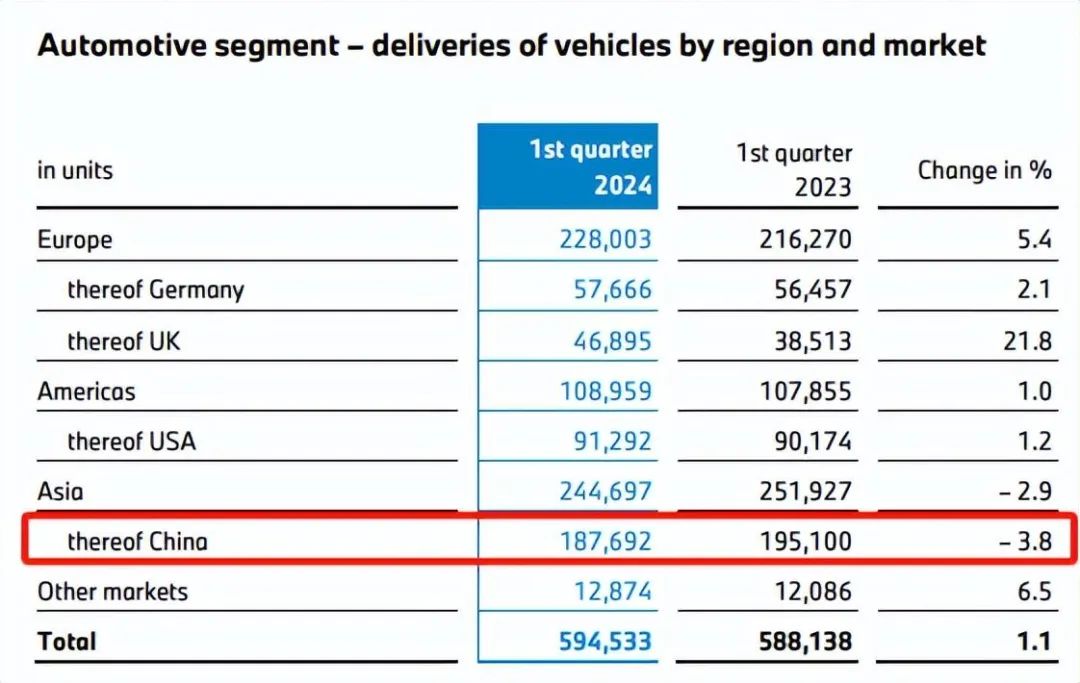
Furthermore, according to the 2024 half-year report, BMW (including the MINI brand) sold a total of 1,096,500 vehicles globally in the first half of the year, an increase of 2.3% year-on-year; sales in the Chinese market were 375,900 units, a year-on-year decline of 4.2%. While quarterly sales in the second quarter increased sequentially, they still fell by 4.7% year-on-year.
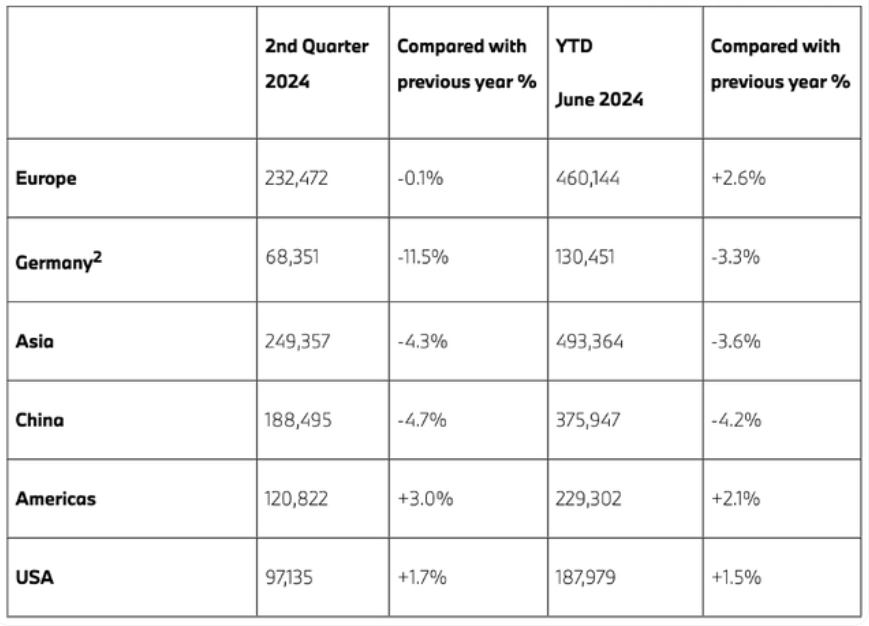
Meanwhile, the practice of trading price for volume has eroded BMW Group's overall profitability. The company's pre-tax profit in 2023 was 17.096 billion euros, a year-on-year decrease of 27.3%; the EBIT margin for its core automotive business was 9.8%, below market forecasts of 9.9%; and net profit in the first quarter also declined by 19.4%.
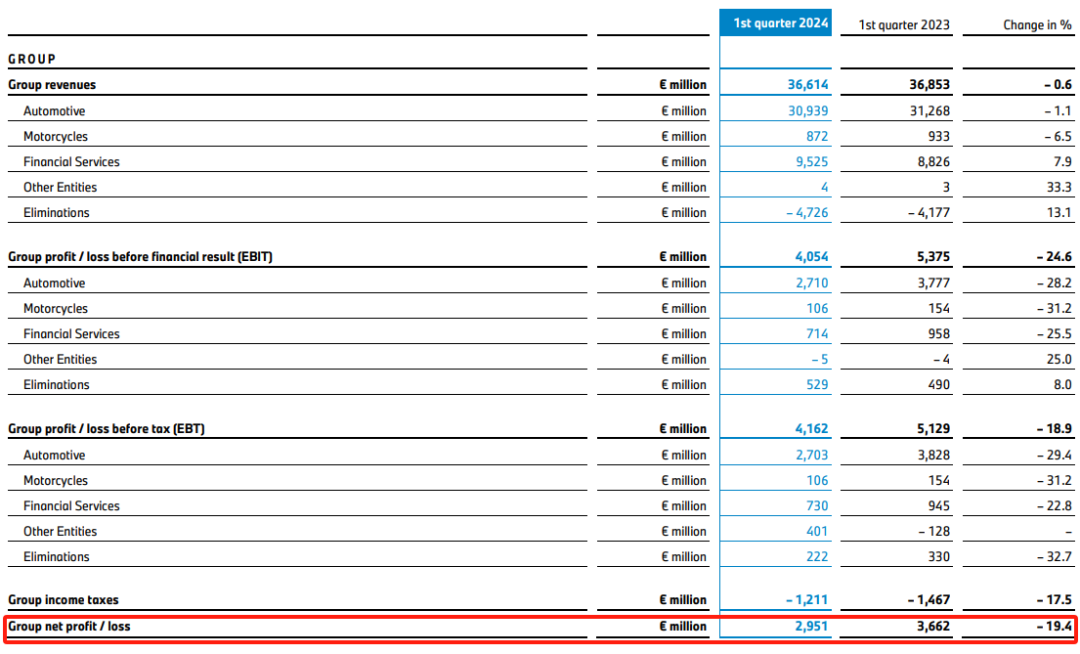
III. The Rise of New Forces: How to Break the Dilemma of Fading Glory
In fact, "reshuffling market positions" has become the main theme of the domestic automotive industry in recent years. Under digital competition, the brand value inherent in "high-end" has been overturned and reshaped, with technological achievements and intelligent experiences represented by smart cockpits, autonomous driving, and vehicle-to-everything (V2X) connectivity becoming new themes in automotive consumption.
On the one hand, local self-owned brands represented by new automakers are closely following the trend of intelligent driving, leveraging technology to connect the ecosystem, and developing rapidly. By the end of June 2024, AITO's sales had surged by 573.80% year-on-year, while NIO, Li Auto, and Leapmotor's growth rates were 35.8%, 60.2%, and 46.9%, respectively, all achieving double-digit growth.
On the other hand, traditional fuel-powered era "pioneers" like BBA have been slow in transitioning to electrification and do not possess technological advantages amidst market changes. At the same time, frequent participation in price competitions can easily cause their inherent "luxury" positioning to lose focus and their brand value to fade.
According to the 21st Century Business Herald, in addition to BMW, Mercedes-Benz's sales in China also declined by 6.52% in the first half of 2024; while Volkswagen Group did not provide specific sales figures for Audi, it did point out that the group's deliveries in China fell by 7.4%; Porsche's sales decline was the most significant, at 33%.
Whether in terms of financial performance or brand value, BMW's announcement of withdrawing from the price war seems more like a timely stop-loss measure after "losing both the battle and the war." It is reported that BMW will focus on the quality of its business in the Chinese market in the second half of 2024, supporting dealers to take a steady approach.
At the recently held 4th BMW Group China Sustainability Summit, Gao Xiang, President and CEO of BMW Group Region China, clearly stated that "there can be no luxury without sustainability" and that sustainable development is BMW's responsibility as a premium brand.
It is reported that BMW will launch over 20 new BMW and MINI brand models in China in 2024. According to BMW's plans, by the end of the year, the number of BMW M brand models sold in China will expand to 23, covering compact, mid-sized to large luxury vehicles, as well as gasoline, electric, and plug-in hybrid energy forms.
To facilitate the launch of the "New Era" models in 2025, BMW Group also announced an additional investment of 20 billion yuan in China for the large-scale upgrade and technological innovation of its Shenyang production base. Previously, BMW's "New Era" sixth-generation battery project, with a total investment of 10 billion yuan, was completed and equipment installation started in March 2024.
BMW revealed that it will bring several mid-cycle facelifts and next-generation models to their domestic debut at next month's Chengdu Auto Show. However, under the influence of public opinion pressure, it may not be easy for BMW to repair the damage to its brand reputation caused by price fluctuations in the highly competitive pricing environment and regain ground with product quality and price ratios.


